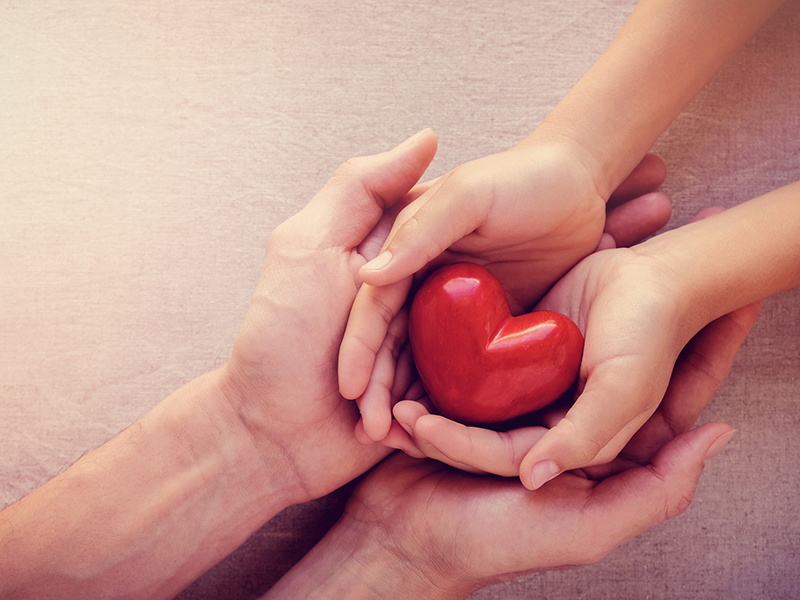December 20, 2017
The Gift of Life

I was always afraid to do it. Every time I wanted to sign up, I would hesitate for fear that, after clicking “submit,” I was going to immediately die. It was terribly irrational, I know, but that was how I felt for years. As an intensivist, whenever the two words “organ” and “donation” cross my mind, it is never a happy ending. It always means that someone has suffered devastating injury. And it is always a heartbreaking story: a vibrant, healthy executive suffers a catastrophic intracranial bleed; or a daily runner suffers a sudden cardiac arrest; or — most horrifically — a young mother successfully takes her own life. No matter the case, it is always very difficult and emotional to tell the frightened and grieving family that their loved one will never walk out of the ICU. Yet, these stories do not have to end in complete tragedy. Yes, for the family, their loved one is never coming back. At the same time, if the patient meets criteria, he or she can become an organ donor and bring life to other people who are facing certain death without an organ transplant. As an intensivist, I have to always keep my mind’s eye on this possibility, especially when my clinical judgment indicates that the patient has likely suffered from brain death. Of course, I NEVER bring it up myself. That does not mean, however, that I am not thinking about it constantly. “But, it’s their son,” I am told, “Give them some time.” I am very sensitive to this, and I do not want to push the family and be overly harsh in my assessment. At the same time, it would be much worse for me to give the family false hope, and I am not infrequently walking this tightrope in the ICU. Yes, the patient lying in that bed — not breathing or responding — is that family’s son, daughter, sister, wife, or mother. You know what, though? The young man with cystic fibrosis on ECMO waiting for a lung is also my son. The young woman — ravaged by type 1 diabetes — waiting for both a kidney and pancreas is also my sister or daughter. The man who is slowly suffocating from heart failure — and desperately needs a heart — is also my father. Sometimes, to our terrible chagrin as healers, we cannot save everyone. We can, however — with compassion, sympathy, and meticulous patient care — try to bring life to others through organ donation. And what better gift can be given than that of life? I just recently received a letter from the organ donation organization with which we work: a patient’s heart went to a 35-year-old man; his liver went to a 26-year-old man; his pancreas went to a 35-year-old man; and both kidneys went to an 8-year-old boy. That’s four lives. That’s four people who now have a shot at a brighter future. Yes, that patient’s story was truly tragic, and my heart went out to the family for their loss. And the tremendous good that came out of that tragedy brought — and continues to bring — so much warmth to my heart. So, have I ever signed up for organ donation? I did, and thank God, I am still alive and well. In fact, the “Donor” label on my driver’s license is a badge of honor for me, and it signals that — God forbid — if the catastrophic were to happen to me, I want to give the gift of life and share the light God gave to me to others who are suffering. I encourage all of my colleagues to think about doing the same.
